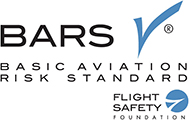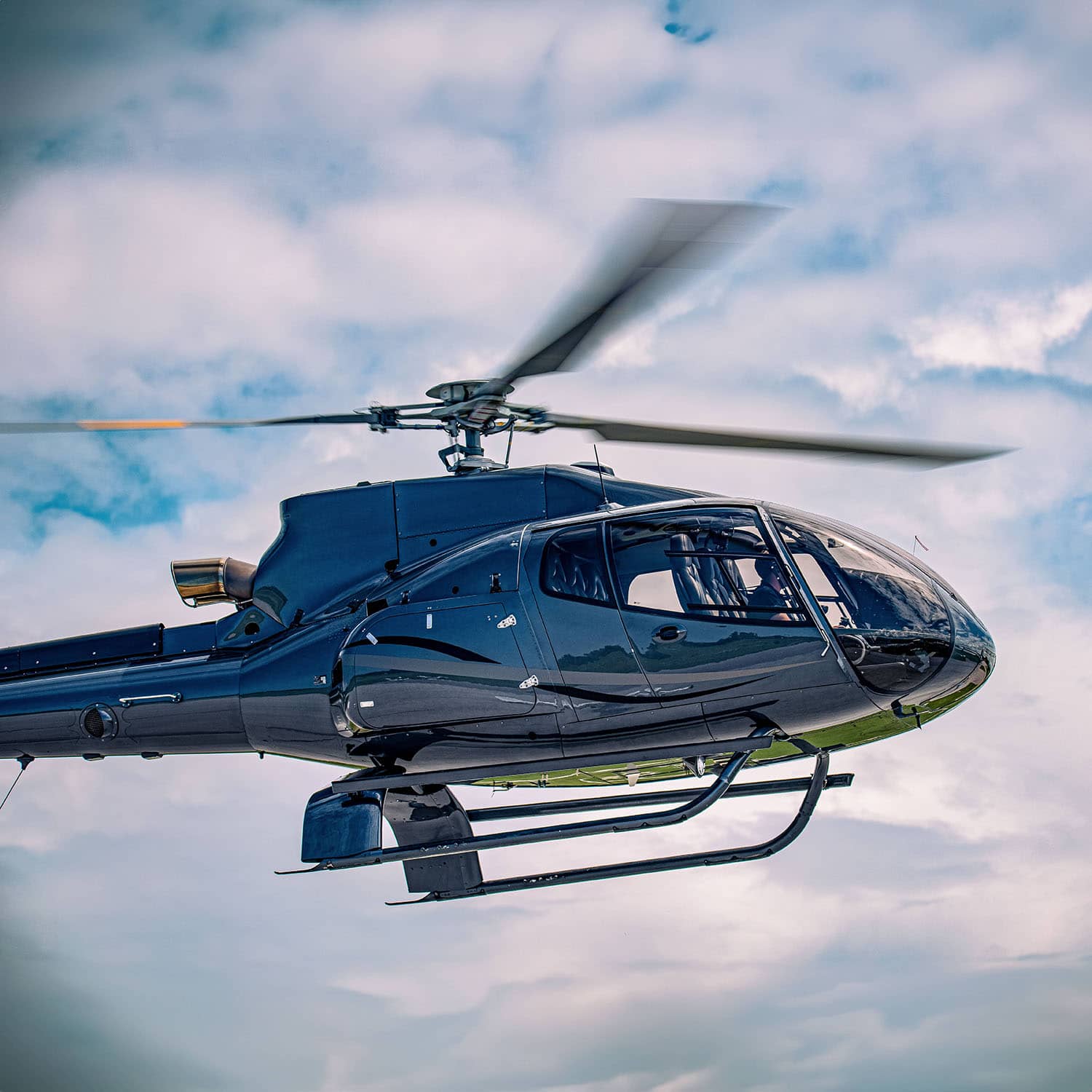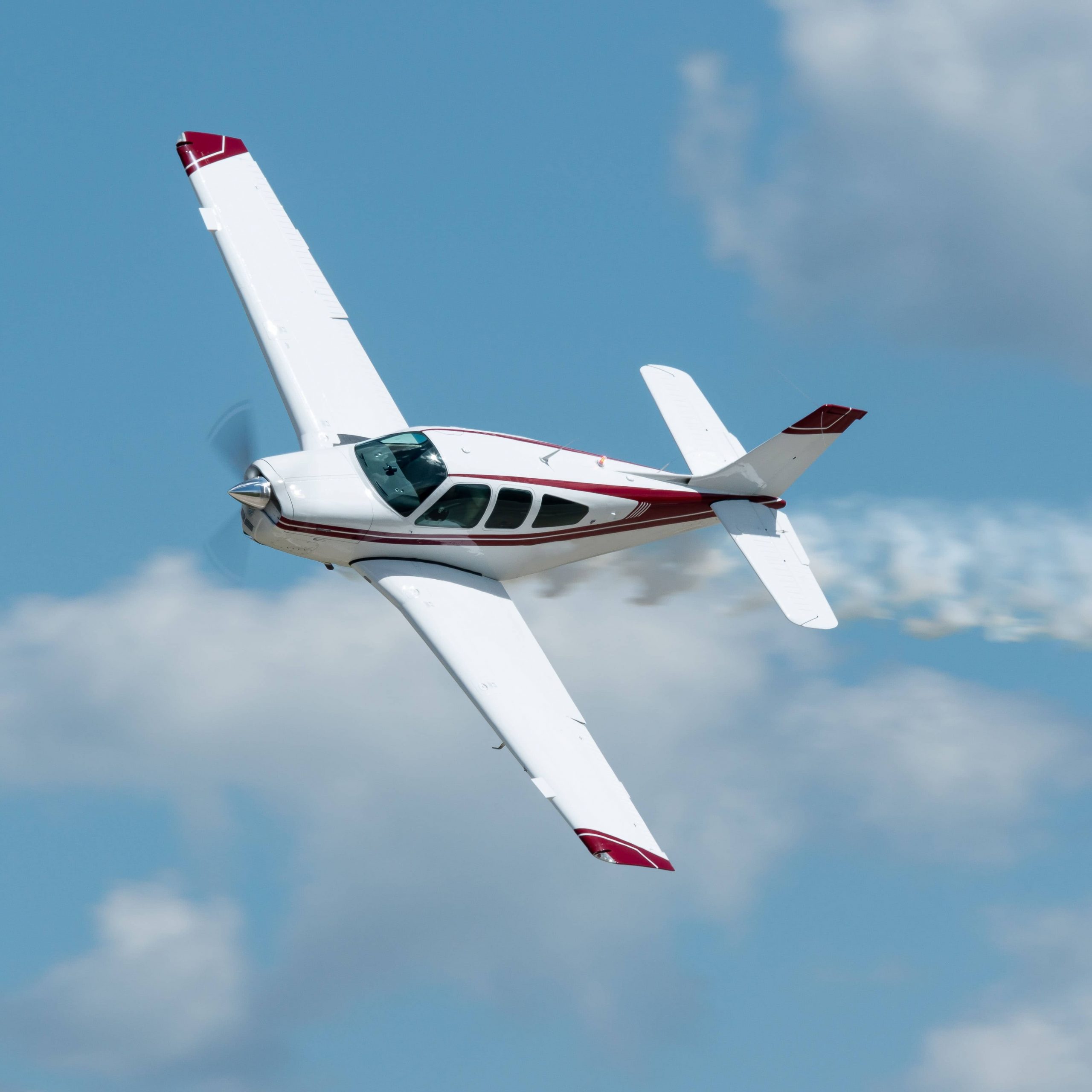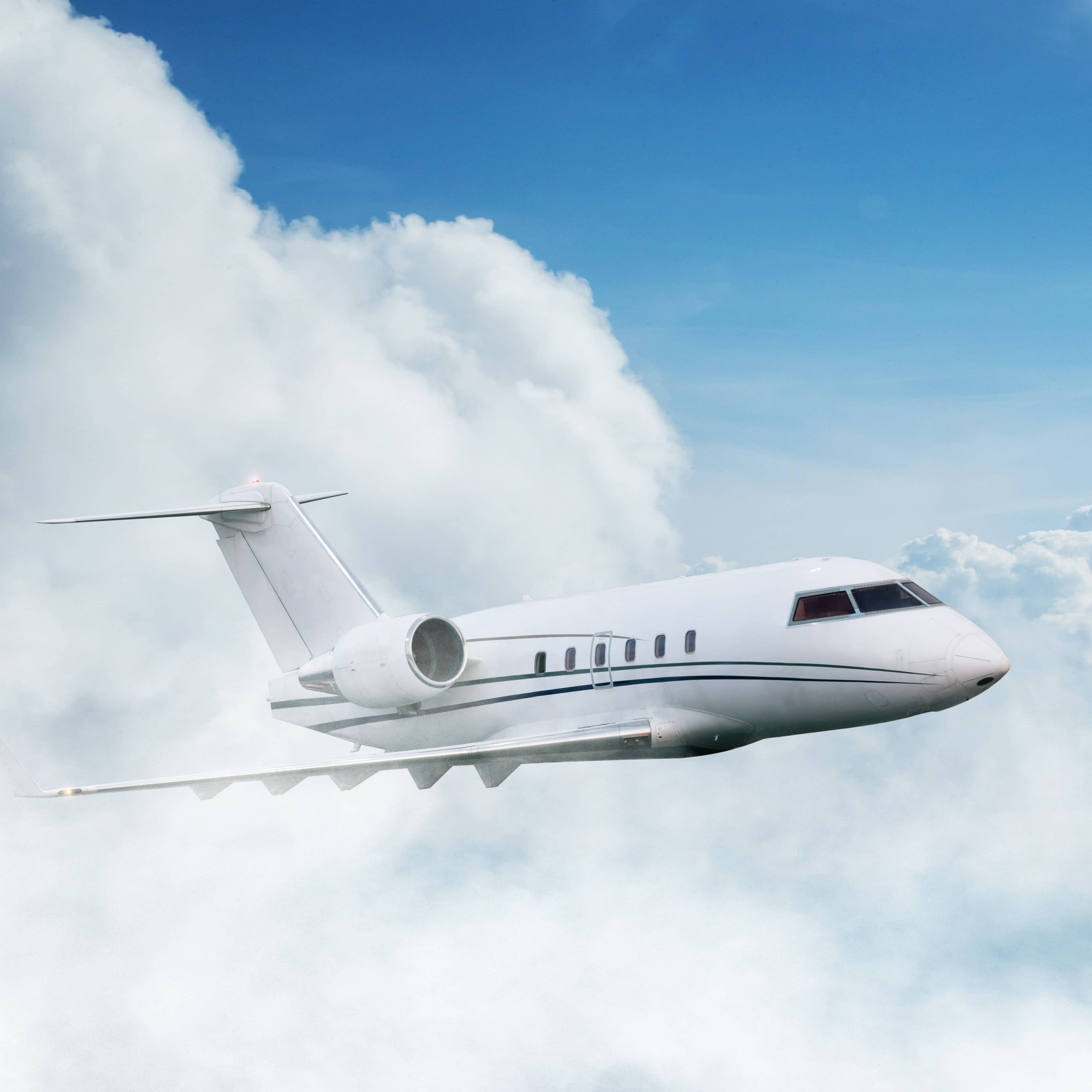Operators Enhance Your Aviation Safety with BARS Audits
In the complex world of aviation, safety and compliance are paramount. The Basic Aviation Risk Standard (BARS), developed by the Flight Safety Foundation, is an internationally recognised safety standard designed to assess and mitigate risks in aviation operations for both crewed and uncrewed operations.
A BARS conformance audit is comprehensive evaluation that ensures that aviation operators adhere to stringent safety protocols, enhancing operational safety and efficiency.
For aircraft and RPAS Operators becoming a BARS accredited company expands business opportunities through access to BARS Member Organisations.
Techsafe Aviation can provide audits for all Operators wether domestically, regionally and internationally located through a dedicated team of auditors.
Techsafe Aviation is committed to helping your organisation achieve these high standards.
What is a BARS Audit?
The Basic Aviation Risk Standard (BARS) program is an internationally recognised auditing program introduced by the Flight Safety Foundation. It provides aviation operators and end users with a common safety standard to help in the risk management of aviation-related activities. So then, exactly what is a BARS audit?
A BARS audit is a comprehensive aviation audit designed to ensure the safety of aviation operations, bother crewed and uncrewed, using a globally recognised safety standard. The BARS program was designed in partnership with large mining companies and industry to create an efficient way of assessing and monitoring the safety risk presented by aviation operations.
Many organisations around the world rely on aviation to support their operations. Initially created for the mining and resources industries, the BARS Standard is now used by hundreds of organisations, including businesses, government departments, humanitarian organisations, and other not-for-profit groups.
These groups use a wide variety of aviation services to support their operations including ad-hoc aircraft charter flights, regular crew change flights, on shore helicopters operations, off shore helicopter operations, aerial work operations and Remote Piloted Aircraft Systems (RPAS).
What is Reviewed in a BARS Audit?
During a BARS audit, auditors rigorously review the organisational, flight operations, ground handling, and maintenance areas of an organisation.
The focus is on reviewing the systems in place as required by the relevant Standard and confirming that its been implemented into the operation, through reviewing evidence of conformance.
This may include reviewing the following:
- Safety and Quality Management Systems
- Operational Manuals
- Aircraft and Operational Facilities
- Flight Crew Licences and Training Records
- Hangars and Spare Parts Control
A BARS audit looks at what is called ‘design effectiveness’, with accredited auditors examining all the operations and technical management systems of a particular aviation operator.
Threat Controls in a BARS Audit
As the BAR Standard is a risk-based standard, BARS auditors search for a wide range of controls, including ‘common controls’ applying to all threats and specific controls applying to particular threats.
Some of the common controls include:
- Possession of a Valid Air Operator Certificate (AOC) or Remote Piloted Aircraft Operating Certificate (ReOC): All operators must have a valid AOC or ReOC, as applicable or relevant document issued by a regulatory agency.
- Aircrew Meeting Minimum Experience Requirements: The air operator’s flight crew must have a certain level of experience, and these requirements should be documented.
- Recurrent Training for Aircrew and Maintenance Personnel: Regular training to civil aviation authority standards is mandatory, including yearly recurrent training and a minimum of two flight checks annually.
- Drug and Alcohol Policy: A formal, written policy covering everyone involved in aviation activities that are safety-sensitive.
- Adherence to BAR Standard Flight Time Limits: Prescribed time limits for flight operations, such as eight hours for a single pilot and ten hours for a dual pilot.
- Safety Management System (SMS): A comprehensive SMS that includes a Safety Policy, Just Culture policy, hazard reporting systems, risk assessment processes, incident reporting, and emergency response procedures.
Specific threats faced by aircraft operators must be controlled through specific safety measures, such as:
- Runway Excursions: Mitigated by strict Standard Operating Procedures (SOPs), appropriate airfield or helipad design, and conducting airfield inspections.
- Fuel Contamination: Prevented by maintaining clean and high-quality aviation fuel through regular testing, filtration, sampling, and storage.
- Ground Collision: Prevented by having dedicated passenger control personnel and strict ground handling procedures.
- Medical Evacuation: Special controls for medevac flights include weight and balance protocols, communication between pilots and medical staff, and risk assessment processes.
Benefits of BARS Audits
- Enhanced Safety: Reduces the risk of aviation accidents and incidents.
- Compliance Assurance: Ensures operations meet the highest international safety standards.
- Operational Efficiency: Leads to more efficient operations, reducing downtime and disruptions.
- Global Recognition: Enhances reputation and credibility in the global aviation industry.
Services We Provide
TechSafe Aviation offers a range of BARS audit services tailored to meet the unique needs of each aviation operator:
Contracted Aviation Operations (BARS CAO)
Comprehensive audits focusing on all aspects of aviation operations contracted by third parties.
Utility and Energy (BARS UE)
Specialised audits for aviation operations in the utility and energy sectors, ensuring compliance and safety in high-risk environments.
Remote Piloted Aircraft Systems (BARS RPAS)
Detailed evaluations of RPAS operations, covering management systems and operational procedures for drone compliance.
Offshore Helicopter Operations (BARS OHO)
Audits tailored for helicopter operations in offshore environments, addressing unique safety challenges and operational risks.
Animal Management (Aerial Mustering) – BARS Animal Management
Specific audits for aviation operations involved in aerial mustering and animal management, ensuring safety and compliance.
Aerial Work Operations (BARS AW)
Comprehensive audits for a wide range of aerial work operations, ensuring adherence to the highest safety standards.
Frequently Asked Questions
What does a BARS audit review?
A BARS audit rigorously examines safety and quality management systems, operational manuals, flight crew licences, training records, and more. It focuses on verifying the implementation of documented procedures to ensure compliance and safety.
Why is a BARS audit important?
A BARS audit provides a comprehensive assessment of your aviation operations, ensuring that you meet the highest safety standards. It helps identify potential risks and implement effective control measures, enhancing the safety and efficiency of your operations.
How can I prepare for a BARS audit?
Preparation involves ensuring that all safety management systems, operational procedures, and training records are up-to-date and compliant with the BARS standard. Engaging with experienced auditors can help streamline the process and ensure a successful audit outcome.
What are the key areas covered in a BARS audit?
A BARS audit covers several critical areas, including organisational structure, flight operations, ground handling, maintenance, and safety management systems. Each area is thoroughly reviewed to ensure compliance with the BARS standard.
Who can benefit from a BARS audit?
Any organisation involved in aviation operations can benefit from a BARS audit, including mining companies, government departments, humanitarian organisations, and other industries that rely on aviation for their operations.
What are some common controls looked for in a BARS audit?
Common controls include possessing a valid Air Operator Certificate (AOC) or Remote Piloted Aircraft Operating Certificate (ReOC), meeting minimum experience requirements for aircrew and maintenance personnel, implementing a comprehensive Safety Management System (SMS), and adhering to BAR Standard controls.
How does a BARS audit enhance safety?
By identifying potential risks and implementing effective control measures, a BARS audit enhances the overall safety of aviation operations. It ensures that all safety protocols are strictly followed, reducing the likelihood of accidents and incidents.
What is the process for becoming BARS-compliant?
Becoming BARS-compliant involves a thorough audit of your aviation operations, followed by implementing any recommended changes to meet the BARS standard. Continuous monitoring and regular audits ensure ongoing compliance.
Ready to enhance your aviation safety & compliance?
Contact Techsafe Aviation today to schedule your BARS audit and ensure your operations meet the highest international safety standards. Reach out to our team of accredited auditors for more information and personalised support.





